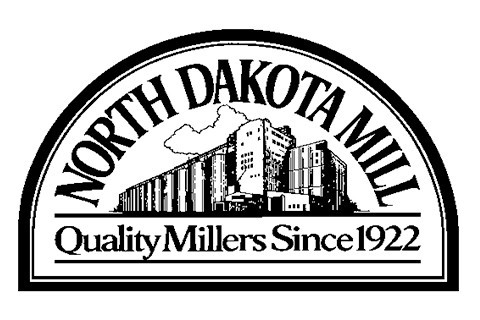
(NDAgConnection.com) – Senator John Hoeven Thursday marked the 100th anniversary of the North Dakota Mill and Elevator, outlining the important support the Mill provides to the state’s farmers. During his time as governor, Hoeven served on the North Dakota Industrial Commission, which acts as the Mill’s board of directors. In this role, he supported the facility’s operations, while working to grow and diversify the state’s agriculture sector, providing more market opportunities for producers.
Now, as ranking member of the U.S. Senate Agriculture Appropriations Committee and a senior member of the Senate Agriculture Committee, Hoeven works to ensure farmers and ranchers have the tools they need to continue providing an affordable, high-quality food supply for the nation. His recent efforts include gathering feedback from North Dakota producers, commodity groups and other agri-businesses as work begins on the next farm bill. To this end, the senator recently hosted Senator John Boozman, Ranking Member of the Senate Agriculture Committee, in North Dakota for a discussion with local producers and commodity groups.
“Throughout its history, the North Dakota Mill has helped provide a dependable market for our farmers, and we appreciate the hard work of the Mill’s employees in supporting our state as a global ag leader,” said Hoeven. “Through the dedication of our farmers and ranchers, every American benefits every day from the lowest cost, highest quality food supply in the world. Their continued success is central to our quality of life, and that’s why in the Senate, we are working to provide strong farm policy that empowers our producers to manage their risk and grow their operations.”
Among other efforts, Hoeven is working to advance the following priorities in the next farm bill:
– Maintaining strong crop insurance, the primary risk management tool for many producers.
– Improving the farm safety net, including the Agriculture Risk Coverage (ARC) and Price Loss Coverage (PLC) programs.
– Strengthening livestock disaster programs, including the Livestock Indemnity Program (LIP), the Livestock Forage Program (LFP) and the Emergency Livestock Assistance Program (ELAP).
– Cutting red-tape and ensuring programs are farmer-friendly.
